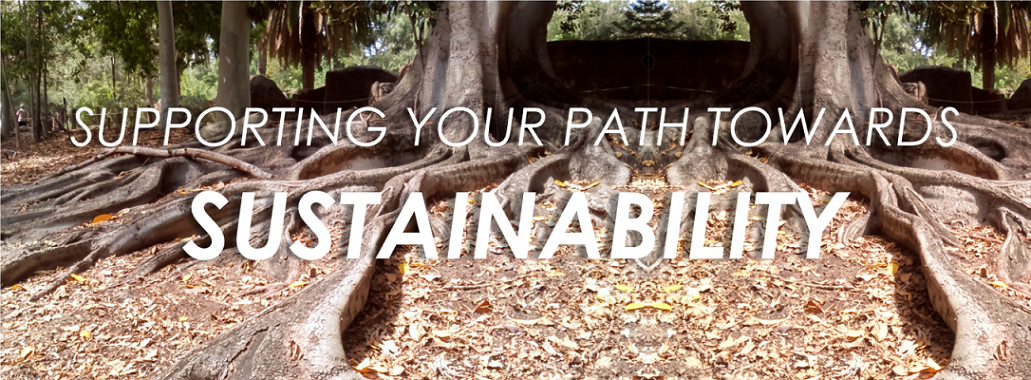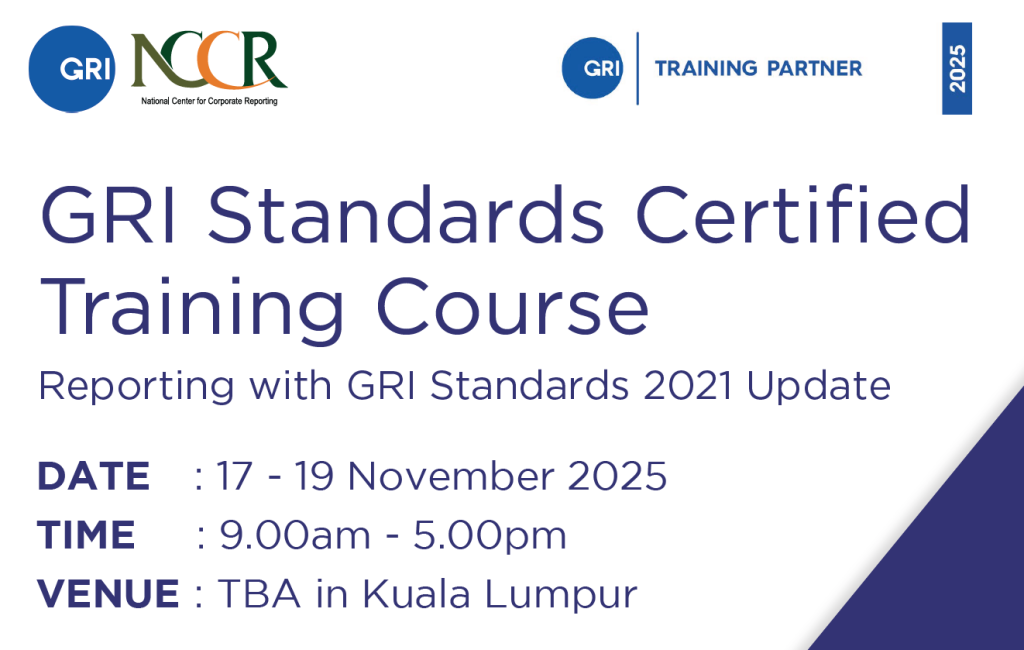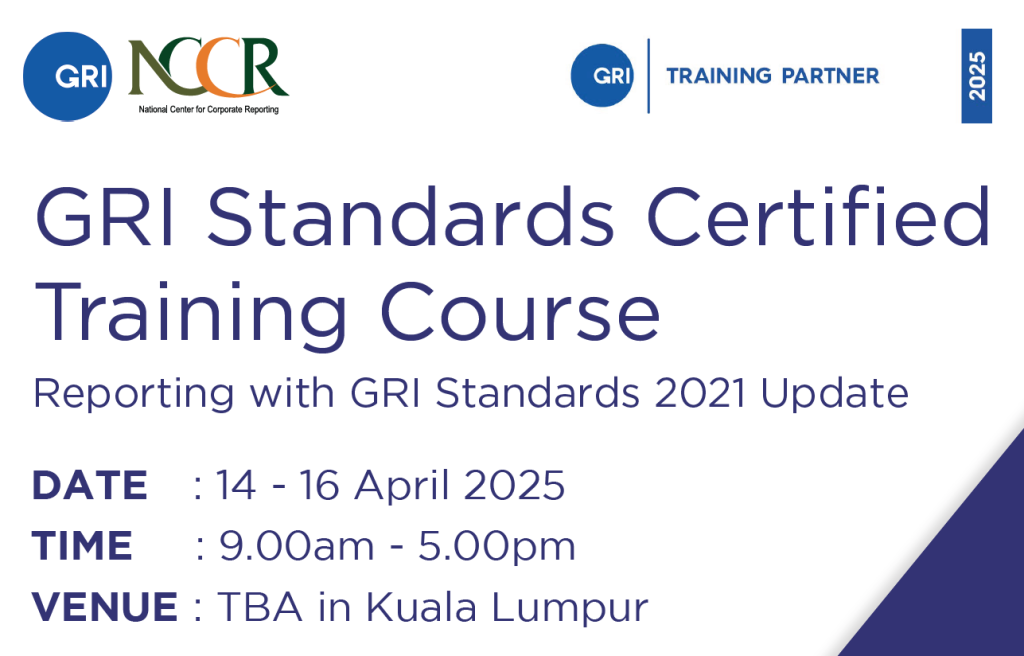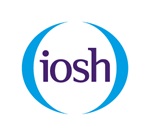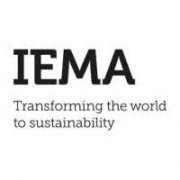Most organisations are realising the importance of considering the impact they have on society. These impacts can be environmental, economic or social (EES) and in most cases are interlinked where each one can create impacts on the other two. Organisations are also realising that EES impacts can effect their operations and profitability. These impacts can come from climate change, extreme weather events, changing economic conditions and social disorder or from impacts the organisation has created through its business activities. Examples can include man made disasters such as Exxon Valdez, Bhopal and BP’s Gulf of Mexico incidents, natural events such as floods and tsunamis which have effected Japan and Thailand and social examples such as the reaction to Lynas operations and bauxite mining in Kuantan, Malaysia.
Organisations are also being pressured through regulatory change to consider these sustainability issues. Bodies such as stock exchanges in Malaysia, Singapore, Thailand and India are increasingly asking their listed companies to “comply” with sustainable reporting requirements or “explain” why not. Pressure is also being applied indirectly through the supply chain with organisations being asked to vouch for the credibility of their supply chain. Recent examples in the palm oil sector are a case in point where customers have boycotted large plantation companies because of supply chain issues. Other stakeholders such as NGOs, minority shareholders, employees, communities are increasingly demanding a say in how organisations operate.
Investors are also becoming more conscious of the actual and potential EES impacts of those with whom they wish to invest. Human rights and human trafficking are becoming important considerations for investors. The recent UK Modern Slavery Act 2015 and the Corporate Manslaughter and Corporate Homicide Act 2007 are clear examples where those creating EES impacts are being held accountable and the failure to comply with these Acts would deter investors.
Sustainability and sustainable development are becoming central to best practice management and organisations that are not following that path may find themselves out of business in the not too distant future.
Management Systems
Management systems offer a cost effective method of managing an organizations… more

Welcome to SHEMSI
We at SHEMSI would like to welcome you to our newly redesigned website. We have made an effort to update and improve the information on this site and will continue to work on updating the site to keep you better informed about SHEMSI’s services.
Recent Posts
GRI Standards Certified Training, 17 – 19 November 2025 (face-to-face) KL
The National Centre for Sustainability Reporting (NCSR) in collaboration with SHEMSI Sdn Bhd will be delivering the “GRI Standards Certified Training – Reporting with GRI Standards 2021 Update” on 17 – 19 November 2025 in Kuala Lumpur, via face-to-face.
This three-day course will introduce you to…
Read MoreGRI Standards Certified Training, 14 – 16 July 2025 (face-to-face) KL
GRI Standards Certified Training July 2025 KL
The National Centre for Sustainability Reporting (NCSR) in collaboration with SHEMSI Sdn Bhd will be delivering the “GRI Standards Certified Training – Reporting with GRI Standards 2021 Update” on 14 – 16 July 2025 in Kuala Lumpur, via…
Read MoreGRI Standards Certified Training, 14 – 16 April 2025 (face-to-face)
GRI Standards Certified Training – Reporting with GRI Standards 2021 Update, 14 – 16 April 2025 in KL
The National Centre for Sustainability Reporting (NCSR) in collaboration with SHEMSI Sdn Bhd will be delivering the “GRI Standards Certified Training – Reporting with GRI Standards 2021…
Read MoreRecent Clients
SHEMSI Sdn Bhd (421280-P) © 2019. All Rights Reserved

